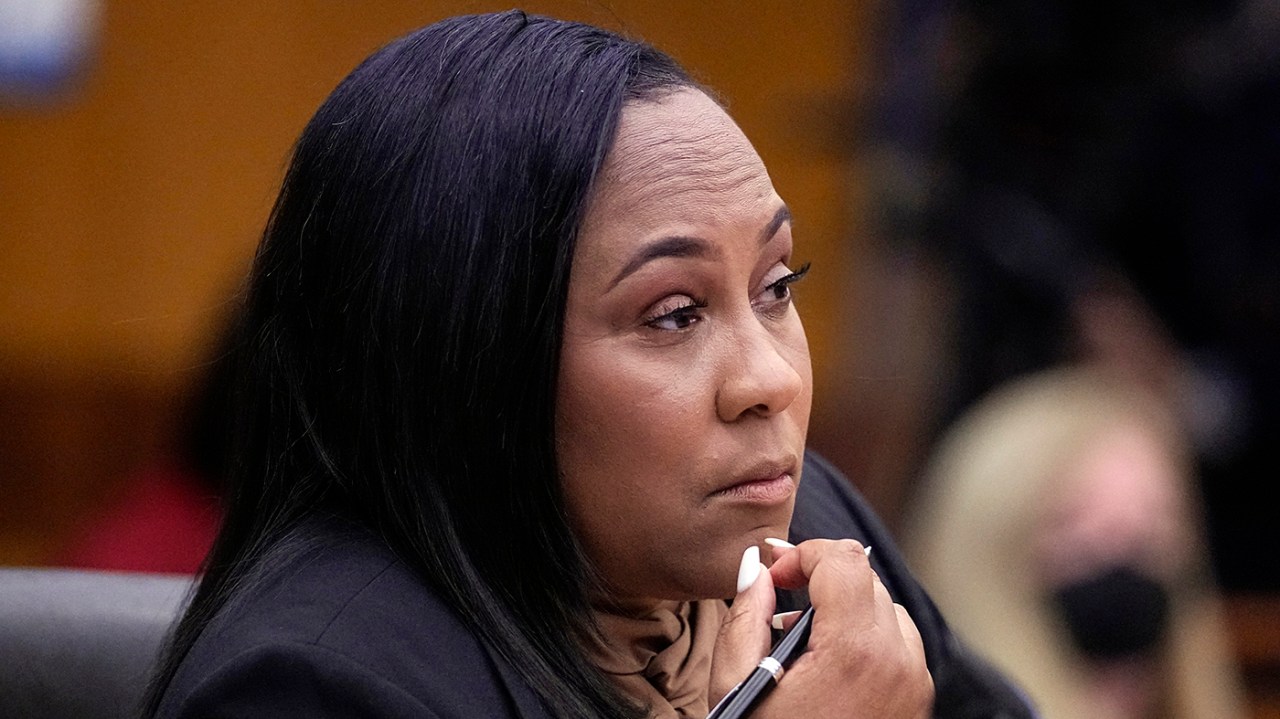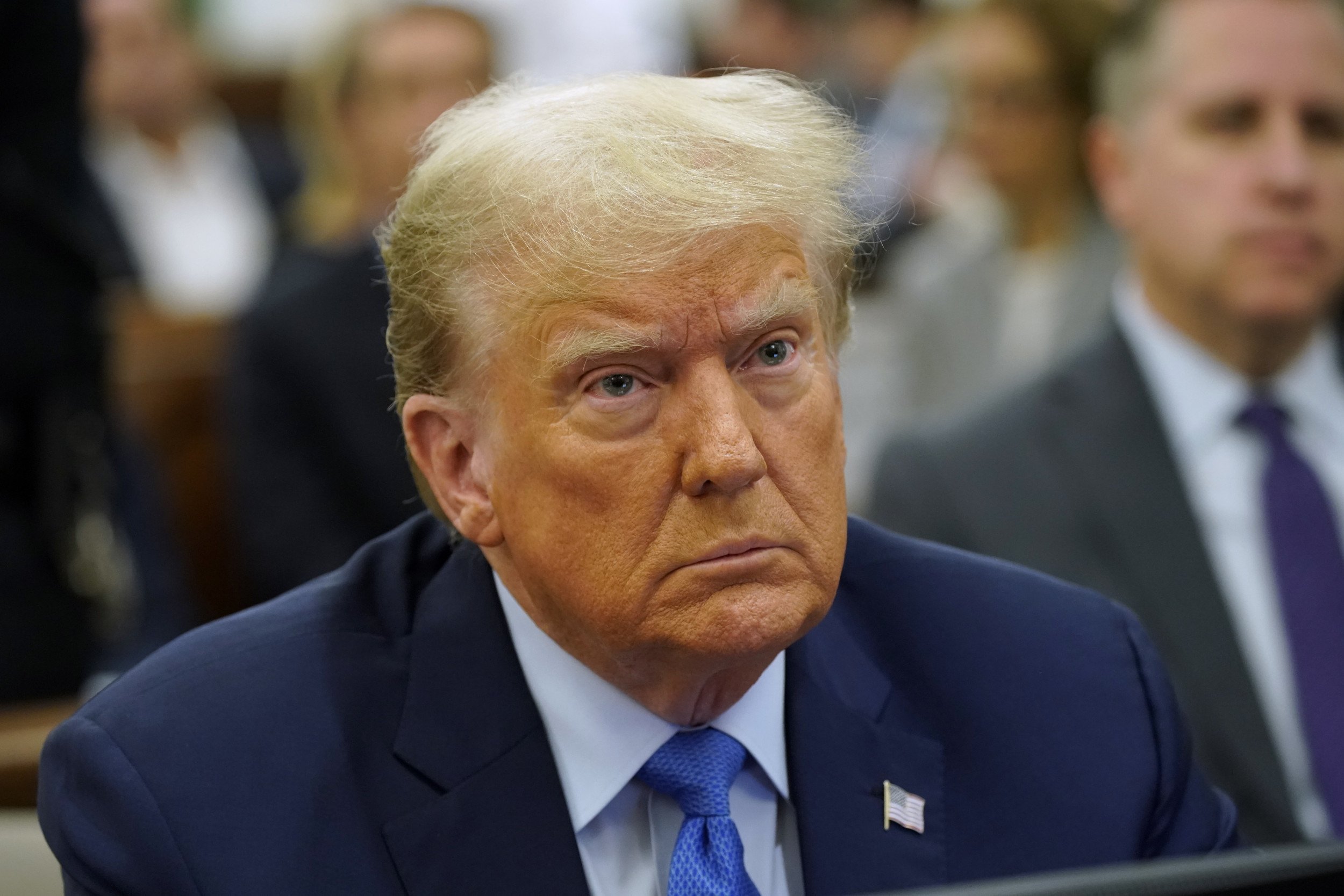

Article updated to 24 known dead. Not sure if any of them are the girls missing from the camp. I cannot imagine how those parents must feel right now and they are being told things like this:
He added that if parents haven’t been personally contacted by the camp, they can assume their daughters have been accounted for.
So, yeah, no news is good news. If we haven’t called you, your child is probably not dead. They must feel so reassured.
According to the National Weather Service website, the flash flood watch, which included Kerr County, was issued at 1:18 p.m. Thursday. Nearly 12 hours later, a “life threatening” flash flood warning was issued at 1:14 a.m., according to the website.
When asked about the suddenness of the flash flooding overnight, Kelly said “we do not have a warning system” and that “we didn’t know this flood was coming,” even as local reporters pointed to the warnings and pushed him for answers about why more precautions weren’t taken.
“Rest assured, no one knew this kind of flood was coming,” he said. “We have floods all the time. This is the most dangerous river valley in the United States.”
They didn’t know there was a flood was coming even after the NWS issued a flood warning? Worse still, he claims it’s the most dangerous river valley in the nation, but they don’t have any way to warn people when a flash flood is coming? Wait, it’s Texas, yeah that tracks.

















It is honestly all of the immigration judges. Those judges work directly for the Executive branch and have been instructed by the Trump admin to quickly dismiss every case when requested.